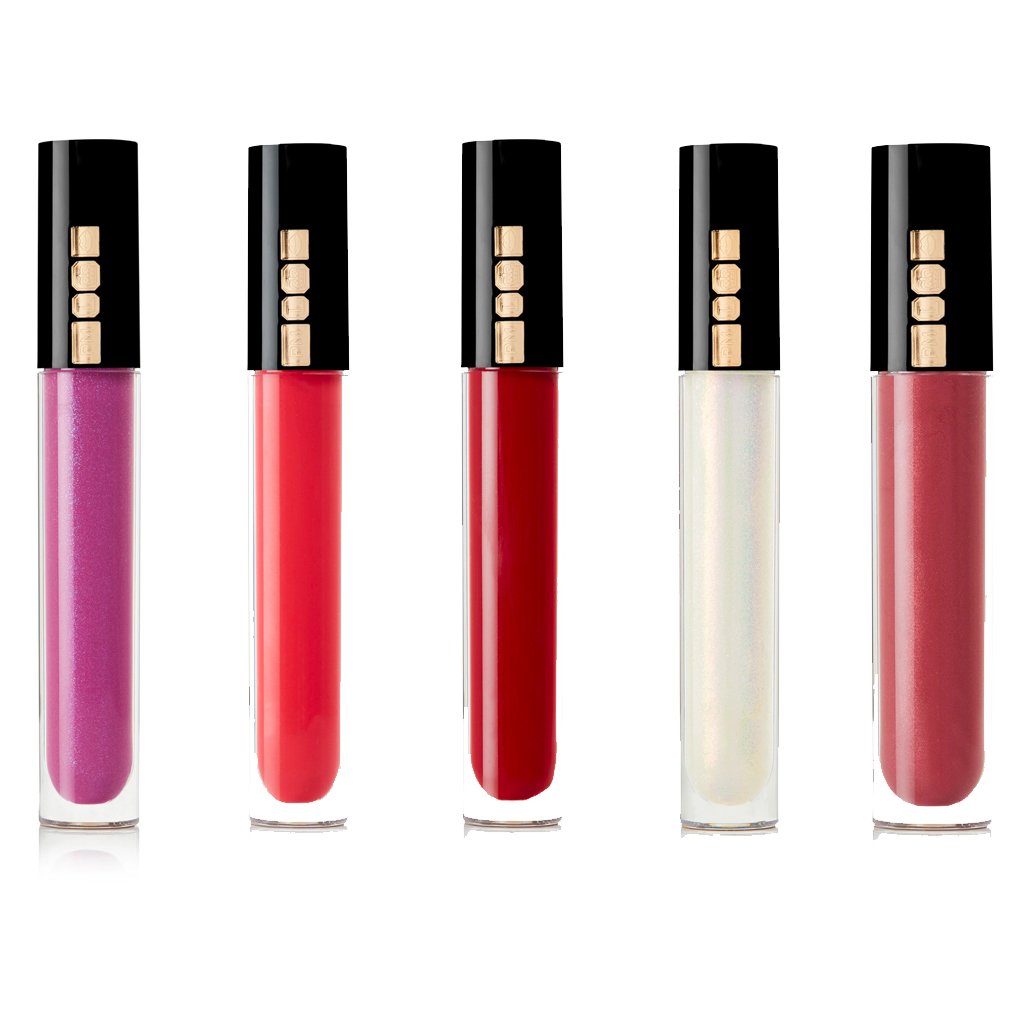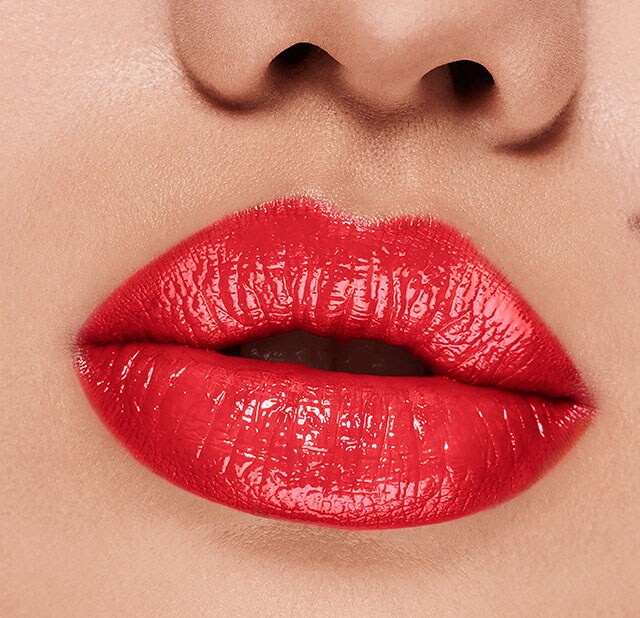
I had to use an oil based makeup remover and a lip scrub to get rid of the glitters. The glitter could easily transfer to dark coloured clothing as well. An incredible lip gloss for contemporary women Gives intense, smooth, passionate color to the lips Comfortable sensation & long-lasting Available in three. I really have to watch out for glitter fallout in case the lipstick smears. It lasts for couple of hours, but glitter particles just refuse to go away. Because of its creamy and buttery texture, it can melt quite a bit in summers and I would recommend keeping it in cool places. Also it doesn’t bleed or settles in fine lines on lips. This has to be one of my least worn lipsticks.Ĭonsidering the amount of glitter in it (overload I would say) the texture is amazingly smooth and it easily glides on the lips. It actually leaves shimmers on my lips after the lipstick has worn off, which is not what I prefer. I love this colour, but it is sad that it is just too glittery and shimmery. It also appears very frosty, which is not something I prefer. The finish is extremely light reflective, and glittery. The commentary concludes with a discussion of the way contemporary epic poets use myth in the creation of heroic figures, problems which arise when using contemporary history as a basis for an epic poem and an argument for the continued relevance of epic poetry.The colour of this lipstick is mix of copper, rust and brown with loads of golden shimmer.
Illuminating shine fantastical lipstick trial#
It also discusses how the poem came to be written, why the Rivonia Trial was considered a suitable subject for an epic poem, why dramatic monologue was chosen as a suitable form for an epic poem and various problems which arose as a result of this choice. The critical and reflective commentary introduces the idea of the epic-minded poet and the sorts of narratives such a poet might look for. The poem is called ‘Rivonia’ and it is about the Rivonia Trial at which Nelson Mandela and six co-accused were sentenced to life imprisonment, and about the fall of the apartheid regime in South Africa. The thesis is entitled ‘Rivonia’ and comprises an epic poem written in the form of ten separate interlinking dramatic monologues and a critical and reflective commentary. Coetzee's novel In the Heart of the Country, the narration discourages readers from accepting the objectifiability of the rape which it relates the narrator's "meditations" (Gallagher 82) deviate from the conventions of testimony, expressing instead the "incommensurate meanings" (Rooney 90) that rape holds for the victim herself and the descriptions of violence, abuse, and victim response present the chance for readers to interpret the aftermath of rape in a manner other than that which "conveys the idea that the victim is responsible for her own destruction" (Bal 100). I argue that, in Livy's History of Rome and Shakespeare's The Rape of Lucrece, rape is portrayed as an objectifiably visible spectacle the rape victim's description of rape functions in a capacity analogous to testimony, supporting "rape law's assumption that a single, objective state of affairs existed" (MacKinnon 654) and the rape victim's post-rape, self-inflicted violence functions as a form of self-punishment which references historically specific correlations between female unchastity and socio-political calamity.


MacKinnon's call for a rethinking of rape-related "legal process as one involving a choice between incommensurate meanings rather than one of uncovering a (temporarily hidden) fact, the Truth" (Rooney 90). In this thesis, by critically examining some ways in which rape has been made to seem objectifiable in literature, I argue that rape cannot simply be 'seen' from a "point-of-viewless" (Rooney 89) perspective.


In this sense, rape is by definition imagined it can exist only as experience and as memory, as image translated into signs, never adequately 'objectifiable'" (100). Mieke Bal argues that rape "takes place inside.


 0 kommentar(er)
0 kommentar(er)
